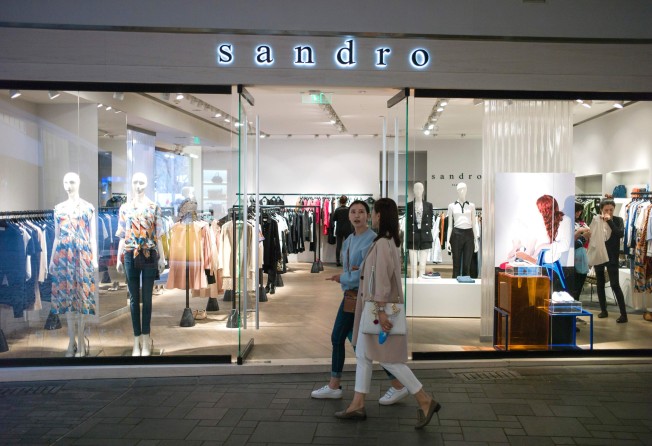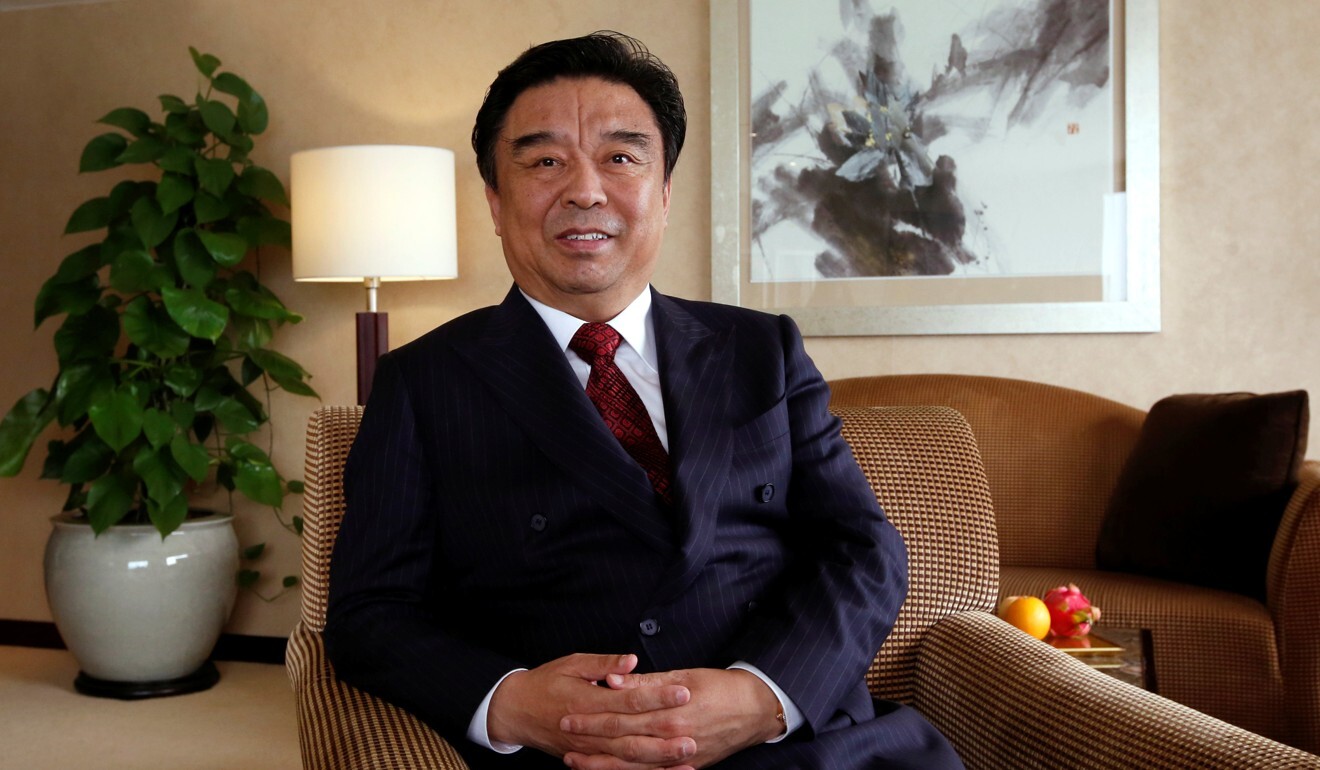
Shandong Ruyi, ‘China’s LVMH’, finds itself in a precarious situation as coronavirus aggravates debt woes
- The private luxury clothing giant last week secured bondholders’ support to extend interest payment on a 1 billion yuan note again by another six months
- Shandong Ruyi has to look for fresh sources of funding after losing its state-backed saviour

The word “ruyi” means “according to one’s wishes” in Chinese. That’s probably what Shandong Ruyi Technology Group’s founders had in mind for a firm that once aspired to be China’s answer to LVMH.
Nearly two decades on, the private luxury clothing giant that grew out of a small woollen mill in the 1970s is finding its financial conditions far from satisfactory.
Since last year, Shandong Ruyi has been battling liquidity concerns, the hangover from a US$4 billion global acquisition spree. The pandemic-induced economic slowdown has aggravated its debt woes, forcing it to twice delay a domestic bond repayment since March. The recent decision by a local government firm to backtrack from a deal to become its white knight is making life even less “ruyi” for the apparel manufacturer.
Shandong Ruyi secured support from bondholders last week to extend coupon payment on its three-year 1 billion yuan (US$140 million) bond again by six months to December 15. The company first asked creditors in March to delay the interest payment till June 15.

The latest debt reprieve came soon after a withdrawal by Jining City Urban Construction Investment, a local government financing vehicle, from an October pact to become the private firm’s second-largest shareholder.
From the same city in the eastern Shandong province where Ruyi is based, the LGFV said it will retain just a 0.01 per cent stake in the apparel maker, instead of the 26 per cent that it had originally agreed to purchase.
In a sign of its own financial constraints, Jining City Urban Construction said it also has accepted a 25.99 per cent stake in Shandong Ruyi from the latter’s parent as collateral for its guarantee on a 1.9 billion yuan bond from the clothing firm. The stake is equivalent to 1.05 billion yuan, according to the LGFV.
Despite the successful repayment of a US$345 million dollar bond by its December deadline, China’s LVMH wannabe has to look for fresh sources of funding now that it has lost its state-backed saviour.
Jining City Urban Construction’s abrupt exit sends an ominous signal to China’s many ailing private firms as it points to the fast dwindling capacity of the once powerful state sector to bail them out. It also bodes ill for investors as waning state support means they will have to accept more compromises imposed by borrowers as an alternative to outright defaults.
Shandong Ruyi had 69.2 billion yuan in assets and 38.5 billion yuan in liabilities at the end of the first half of last year, according to its latest financial statement. The company said that due to a delay caused by the virus outbreak, it expects to release its 2019 and first-quarter financial results by the end of this month.

Calls to the company’s securities information disclosure office went unanswered.
Established in 1972, Shandong Ruyi made US$4 billion worth of overseas acquisitions in three years starting from 2015, including UK trench coat maker Aquascutum and a French fashion retailer whose labels include Sandro, Maje and Claudie Pierlot. Once one of China’s most acquisitive private firms, it also owns Hong Kong-listed Trinity, which controls British bespoke tailor Gieves & Hawkes.
The company’s stated ambition was to become the LVMH of China and it planned to inject new, trendy elements into underperforming brands and boost e-commerce sales, chairman Qiu Yafu said in an interview in 2018. The firm has nearly 20,000 employees in China.
Moody’s Investors Service downgraded Shandong Ruyi further into the junk zone to Caa3 in March, citing the company’s tightening liquidity and elevated refinancing risk. The rating firm also noted the borrower’s sizeable upcoming debt maturities over the next 12 to 18 months.
S&P Global Ratings withdrew its CCC+ long-term issuer rating on Shandong Ruyi at the latter’s request in December. The credit outlook was negative at the time of withdrawal.
Without the LGFV as its financial backer, investors are closely watching if Shandong Ruyi can make the coupon payment on a US$300 million dollar bond next month.
By the end of this year, Ruyi is expected to repay 2.9 billion yuan of domestic bonds, according to data compiled by Bloomberg. It has a total of US$2.3 billion worth of local and offshore bonds outstanding, the data show.
